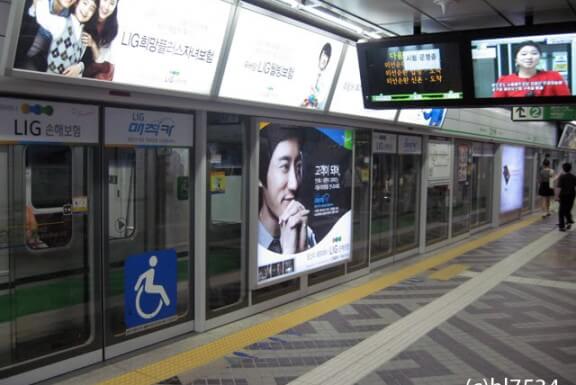 Emily Blunt and Colin Firth play Americans, with accents to boot, in “Arthur Newman.”
Emily Blunt and Colin Firth play Americans, with accents to boot, in “Arthur Newman.”
Credit: Cinedigm
‘Arthur Newman’
Director: Dante Ariola
Stars: Colin Firth, Emily Blunt
Rating: R
1 Globe (out of 5)
Jean-Luc Godard once said all you need to make a movie is a girl and a gun. Likewise, it can’t be hard to make something watchable with only a decent premise and two great actors. In “Arthur Newman,” Colin Firth plays Avery, a depressed middle aged divorcee who fakes his death to become a golf pro. Not long after hitting the road with his new, titular identity, he happens upon “Mike” (Emily Blunt), a self-destructive woman who likes to break into strangers’ houses and pretend to be them.
They bond, as expected. More importantly, they are played by Colin Firth and Emily Blunt, two of England’s finest and most likable screen presences. Both are fine thespians, but they also have to do very little to charge up the screen. Their charm is innate, and they theoretically complement each other well. Firth is a master at reserved deadpan, who often makes a joke out of oozing classically English stiffness. Blunt is an uncommonly alert actress who could at all times do anything, including spinning line readings into wonderfully unpredictable sing-song sounds. They are a yin and a yang, so nicely complementary that it’s surreal this is the first screen they’ve shared.
One would have to consciously work very hard to make a worthless film from this pairing. And that seems to be what first-time director Dante Ariola and screenwriter Becky Johnston (“The Prince of Tides”) set out to do. Johnston’s script has a promising set-up then fails to take her characters in many interesting directions. Avery/Arthur and Mike (spoiler: not her real name) have brief fun with kinky sex on old people’s beds, but most of the film is dedicated to self-pity and self-loathing. Among the items Avery has abandoned are a son and a girlfriend (Anne Heche), who wind up hanging out and talking about the man they don’t realize has simply abandoned them.
This is all building to a predictable, killjoy finale, albeit a horribly unrealized one that cuts out before anyone has the chance to work out the characters’ core problems. Director Ariola, meanwhile, doubles down on the melancholy, shooting everything in dim, miserable lighting and ladling on a generically sad score that places even the rare upbeat, carefree moments in a downbeat fog. That the film has tasked two of the most euphonious Brits with speaking in bland, neutral American accents is barely a flaw amidst so much miscalculation. To borrow a line from William Hurt in “A History of Violence”: when you have Firth and Blunt, how do you f— that up?































